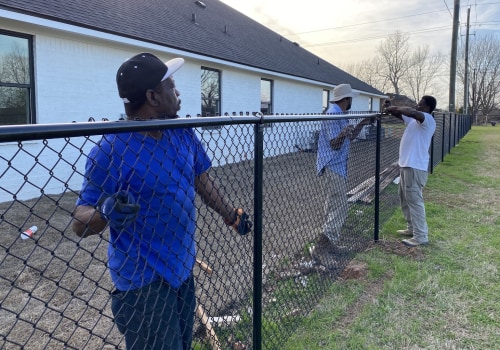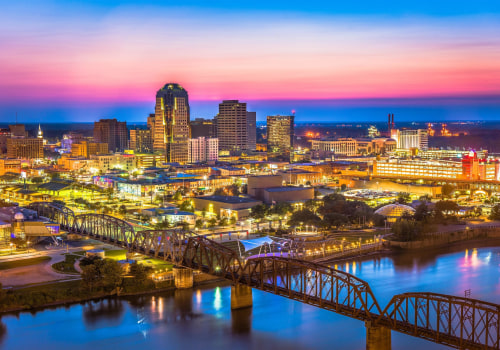Bossier City, Louisiana is a bustling city located in the northwest region of the state. With a population of over 68,000 people, it is the second-largest city in the Shreveport-Bossier City metropolitan area. As an expert on local government, I have seen firsthand the crucial role that the government plays in the daily lives of Bossier City residents.
The History of Government in Bossier City
Before delving into the current form of government in Bossier City, it is essential to understand its history. The city was founded in the early 1800s and was initially governed by a police jury system.This system consisted of a group of elected officials who were responsible for making decisions and managing the city's affairs. However, as the city grew and evolved, so did its government. In 1907, Bossier City officially became incorporated as a town and adopted a mayor-council form of government. This system consisted of a mayor and five council members who were elected by the residents to make decisions on their behalf. Over the years, Bossier City continued to expand, and in 1952, it became a city. With this change came a new form of government - the commission form.
This system was similar to the mayor-council form but included three commissioners who were responsible for specific areas of the city.
The Current Form of Government
Today, Bossier City operates under a council-manager form of government. This system was adopted in 1985 and has been in place ever since. Under this form, the city is run by an elected mayor and six council members who are responsible for making decisions on behalf of the residents. The mayor is the head of the city and is responsible for overseeing the day-to-day operations. They are also the official representative of the city and serve as a liaison between the government and its residents.The mayor is elected by the residents and serves a four-year term. The six council members are also elected by the residents and serve four-year terms. They work alongside the mayor to make decisions and pass ordinances that affect the city. The council members are responsible for representing their respective districts and ensuring that their constituents' voices are heard. One unique aspect of Bossier City's government is the city manager position. This individual is appointed by the mayor and council and serves as the chief administrative officer of the city.
They are responsible for overseeing all city departments, managing the budget, and implementing policies set by the mayor and council.
The Role of Government in Bossier City
The government in Bossier City plays a vital role in maintaining the city's infrastructure, providing essential services, and promoting economic growth. Some of its responsibilities include:- Public Safety: The government is responsible for ensuring the safety of its residents by providing police and fire protection services.
- Public Works: The government oversees the maintenance of roads, bridges, and other public facilities to ensure they are safe for use.
- Utilities: The government manages water, sewer, and garbage services to ensure that residents have access to these essential resources.
- Economic Development: The government works to attract new businesses to the city, create job opportunities, and promote economic growth.
The Impact of Government on Residents
The government in Bossier City has a significant impact on its residents' daily lives. Its decisions and policies affect everything from the quality of public services to the cost of living.For example, the government's economic development efforts can create job opportunities and stimulate the local economy, ultimately improving residents' quality of life. Furthermore, the government's decisions on taxes and budget allocations can directly impact residents' wallets. For instance, if the government decides to increase property taxes, residents may see an increase in their property tax bills. Overall, the government in Bossier City plays a crucial role in shaping the city's future and ensuring that its residents have access to essential services and resources.






